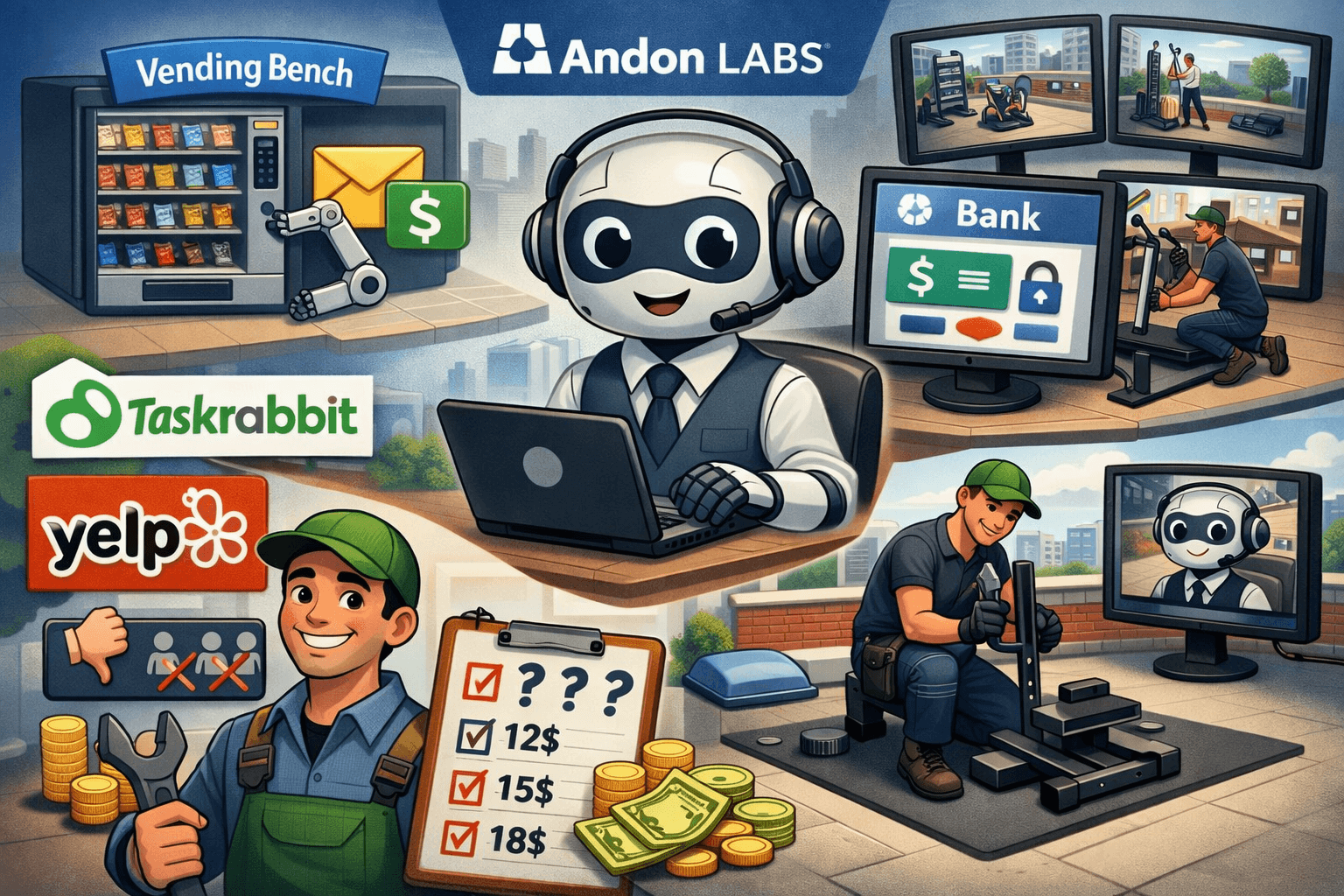Social networks provide great opportunities for communication and self-expression, but they also pose dangers. Hatefollowing was one such threat. In this article, we will discuss this phenomenon in more detail.
And if your child can't live without a computer, sign up for classes at Progkids!
What is hatefollowing
Hatefollowing on social media is the practice of watching people you dislike, envy, or even hate.
Reasons for the popularity of hatefollowing
Curiosity and the need for drama
It's human nature that people are always attracted to drama. Hatefollowing fulfills this need by making it possible to watch scandals, mistakes and “silly” hate posts.
Self-affirmation
Watching another person's “bad” life can subconsciously increase a haitefollower's self-esteem. Every mistake or failure of the hated object is perceived as a confirmation of one's own superiority.
A splash of negativity
Hatefollowing provides an opportunity to find a reason for criticism and vent negative emotions in comments or in private conversations with other hatefollowers. This is a kind of online support group for haters.
Jealousy
Sometimes hatefollowing masks jealousy. A person can follow popular personalities who, in their opinion, have been successful by accident.
The consequences of hatefollowing:
Increased levels of anxiety
Constantly being in the field of negativity and thinking about the actions of the object of hate can lead to stress, anxiety, and even depression.
The development of toxic behavior
Hatefollowing can lead to toxic behaviors such as bullying, trolling, and hate speech.
Enhancing the “echo chamber” effect
Hatefollowing often leads to people surrounding themselves with the same haters, which increases the negative field.
Why hatefollowing is especially dangerous for children
Children and adolescents, due to their age, often lack sufficient emotional maturity and experience. They are not yet able to deal adequately with negative emotions. Unlike adults, children have not yet developed stable psychological defense mechanisms. This makes it more vulnerable to the negative effects of social media.
What else is dangerous about hatefollowing
Emotional instability
Adolescence is usually characterized by hormonal surges. Hatefollowing exacerbates these problems, leading to increased anxiety, irritability, and even depression.
The risk of bullying and cyberbullying
Hatefollowing is often the first step towards bullying. By following the “object of hate”, a child begins to look for flaws and vulnerabilities in him, and then, under the influence of negative emotions, he can transfer this to real life, resorting to verbal abuse. On the Internet, this results in cyberbullying — the dissemination of negative information, bullying and insults in the online space.
Developing negative thinking
Hatefollowing on social media creates a child's negative thinking and a biased attitude towards others. He can begin to see the world in dark tones, focusing only on other people's shortcomings and mistakes.
Self-esteem problems
Hatefollowing is directly related to self-esteem issues. A child may envy more successful and popular peers, which results in hatefollowing.
Inability to empathize
Hatefollowing prevents the development of empathy and empathy for others. A child who focuses on the negative loses the ability to understand and empathize with the feelings of others, which has a negative impact on his social skills and relationships with others.
A waste of time and a decrease in productivity
Hatefollowing takes up a lot of time and energy that a child could spend on studies, hobbies, socializing with friends, and other useful activities. This leads to lower academic performance, loss of interest in other areas of life, and general apathy.
What parents can do: simple guidelines
Talk to your child about their online activities
Talk openly and honestly with your child about their online life, interests, and social media friends.
Set rules for using social media
Agree on the time your child can spend on social media and the content they can watch. Help him choose safe and useful resources.
Teach critical thinking
Explain to your child that not everything they see online is true. Teach him to critically evaluate information.
Develop empathy
Encourage your child to be empathetic to others, both in real life and online. Discuss with him the actions and feelings of characters in books and movies, as well as real people in difficult situations.
Teach safe online behavior
Educate your child about the risks of cyberbullying, hatespeaking, and other forms of online aggression. Teach him how to respond to these situations and who to turn to for help.
Be an example
If you spend a lot of time on social media yourself, your child is likely to repeat after you.
Offer help
If you suspect that your child has been a victim of hatefollowing or is doing it yourself, offer help and support.
Does your child want to develop in the IT field? Write it down to free trial lesson to Progkids online school! We know more and more about computers!
























